
You probably saw that number I put up at the beginning of the month, the 166,930 words that I wrote in November.
That was my 10th month of more than 100,000 words this year (I had 85,000 in April).
In 2014 I had 11 months of 100,000+ words (May got me that year) and in 2013 I had 6 months.
So most months I put out a lot.
How do I do that?
I’d like to explain how I do that by outlining my daily routine and work habits. I’ll do that in 7 examples.
Who knows – maybe you’ll get some ideas that bump your word count as well.
#1: Work Early
I get up in the morning everyday, usually around 7:30 or so…maybe a little later on the weekend.
I have a wife and son and they have to get off to the real world to do stuff.
The good news is that I get up. Oftentimes I can get a couple hundred words right there, if I’m working on a novel.
That’s the thing – when I’m writing a book (novels, mostly) I’ll usually have that on the top of my list.
That means first thing upon the computer warming up enough for me to use it, I’ll pull up a section of the book and start writing.
I do this a lot and I’ve done it on many books.
It works.
More than that, however, first thing in the morning you have a lot of words. Good job – now do a word count on your word processor and jot that number down on your notebook.
Oh, you don’t have a notebook?
#2: Have a To-Do List
Sitting beside my computer I have a small $0.99 to $1.99 notebook that’s 4 x 5.5 inches.
I have about 5 more of them in a drawer in the spare room.
Each of them has pages of days that usually have 10 items written up. Below that I have a section where I put my word count.
Folks, you cannot write a lot of words if you’re not counting them!
It’s like catching a fish this big and bragging about it at the bar – without proof, no one cares.
Things like that keep you on track. It always surprises me how much I get done when I say, ‘oh…alright – I’ll do one damn thing on that list, but just a little bit!’
A lot gets done that way.
#3 Breakfast Routine
How do you eat breakfast?
- Do you do it at the table, reading the newspaper?
- Is it in the car, driving through traffic?
- How about in the office, when you’re supposed to be working?
Maybe it’s not at all, because you just don’t think that meal is important?
I’ll tell you how I eat breakfast. It’s at my computer while I’m looking at my 18 morning content sites (a lot fewer now that I’ve put up my 2-month follow up case study post).
What I do is eat a bit of my extra-dry oatmeal, chewing on it while reading and writing on those sites.
Oh, yeah…did I forget to mention it? I write comments.
Yep, I write comments and I cut and paste those comments into a document. At the end of the day I do a word count on that.
Sometimes it’s 200 words for the day. Sometimes it’s 2,000.
Now, some will say those words shouldn’t count. I’m not one of them.
#4: Multitask and Transition Well
Alright, when I’m at those sites in the morning something else I’m doing is organizing and analyzing that content via my browser’s tabs.
When I find a good post, or maybe when I’m all done reading through all the sites, I’ll write up the best posts.
I do that to make my Midweek Content Roundup post each week.
Those typically stretch into the 2,000-range so we’re only talking about 8,000 to 10,000 words a month right there.
What I also do, however, is add a bit more on Google+ when I share 3 to 4 of those articles.
Again, this is cut and put into the comment section, or sometimes rewritten for the roundup post.
It’s just another way to get extra words. More, it’s a way to transition from similar tasks in a way that keeps your productivity going.
That’s how large word counts can come about.
#5: I Know How to Type
This one seems pretty easy, but a lot of people don’t know how to type, or if they do, it’s too slow.
I’m not sure what my words per minute is, but it’s surely more than 100 and probably approaching 200.
I can write like it’s a stream of consciousness because I so often tap into the subconscious while doing it.
You do this a lot too, like when you’re driving or washing the dishes. You can just see things in your head and if you can translate that into your fingers moving across the keys, you get a lot done.
I had a hard time learning how to type. It was in 1996 or so at Helena High and I was in Mr. Wood’s keyboarding class.
The fact that it was just before lunch and I was usually hungry then didn’t help. There was a hot girl sitting next to me too, and that didn’t help.
Mainly, though, I was worried about mistakes. I was really slow because of that until one day I said ‘to hell with it’ and went for speed over accuracy.
After awhile the accuracy came back, this time fueled with speed.
So…learn how to type.
#6 Clear Delineation of Tasks
I feel that one of the reasons so many people have a hard time writing anything of quantity is because they get off-task.
It’s hard staying on top of things.
Even my simple little list is hard to follow on some days. Still, it’s there. Also, you have to stay active.
One way I do this is by segmenting the day further. Here’s a look at after breakfast/lunch:
- Content Work: I have paid work and I have work that I do for myself. So far we’ve talked about the work I do for myself. When I get done with that I do any content writing jobs I have for others. Typically these are blog posts about an industry or niche or content/services pages for some type of business. This gives me a few hundred to a few thousand words most days.
- Blog Posts: I work on two main blogs each day – my writing blog and my Montana blog. Oftentimes I’ll get a spark of creativity from something I read online, see on Twitter, or hear on the radio news. That fuels my Montana blog, which is geared toward current events. For writing, I often get ideas after my morning content roundup routine. If I choose to write those down in a blog post I’ll get a few hundred to a couple thousand words. That’s a draft and over a day or two I’ll refine that and tally the words.
- Project Work: What I do for these couple of hours after breakfast is skip around between my work and the work of others. I also skip around on my various projects. I’m always working on a novel or nonfiction book, so I can work on that. Often there are other books in progress, however, so something always gets done. That’s the thing – variety spurs you to do more when you might not otherwise want to.
Alright, let’s get to lunch.
I eat a small meal, watch a bit of news, and then when I’m still sitting at the table there, my dirty plate or bowl still sitting there, I often start writing a few hundred words.
Sometimes this stretches into a thousand. Oftentimes it’s something that I felt motivated to write after watching the news.
Really, you see something and get passionate to write. That really gets the fingers moving and that pushes the word count up quickly.
#7 Repeat All Day
After that you’ve done a lot for the day. A lot of it comes down to repeating it, working a bit more on what you did in the morning.
Do that again after dinner. I do that. I don’t watch TV and since I don’t do much with other people I have even more time.
Most evenings I take a hot bath. Afterward I feel refreshed and can write more.
Find little things like that that can help you break up the day, stay motivated, energized.
That’s what I do. That’s how I get more than 100,000 words a month.
Maybe you don’t want to do that. That’s perfectly fine. There are also tons of ways to get more words through other methods.
For me, it just comes down to doing the work.
Being passionate and caring about your subjects helps. Being motivated by money to work for others also helps.
Remember, I don’t have a day job so I have to write content, I have to write everyday.
So those are my tips. I hope they help you or give you some ideas.
Anyone can write. It just comes down to doing it.

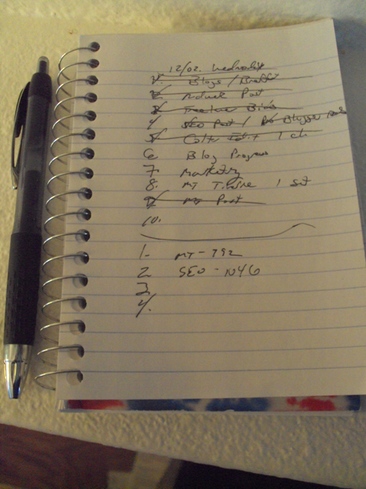
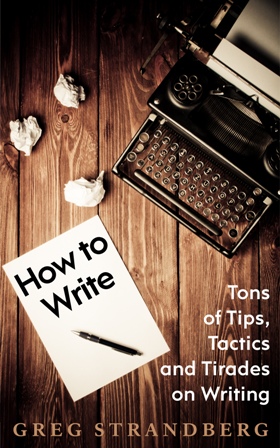



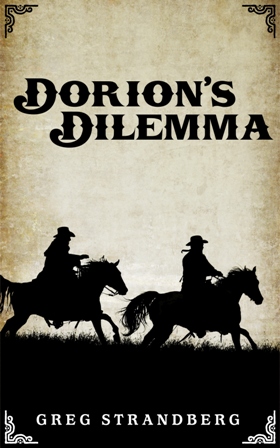











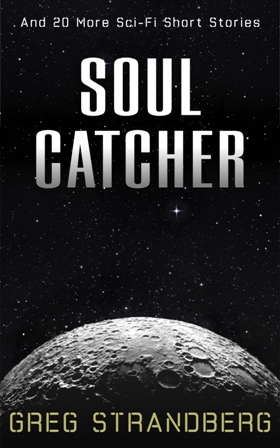
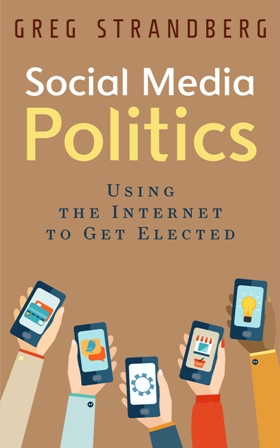


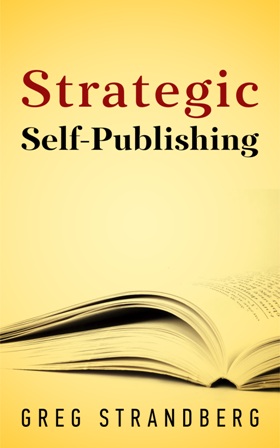

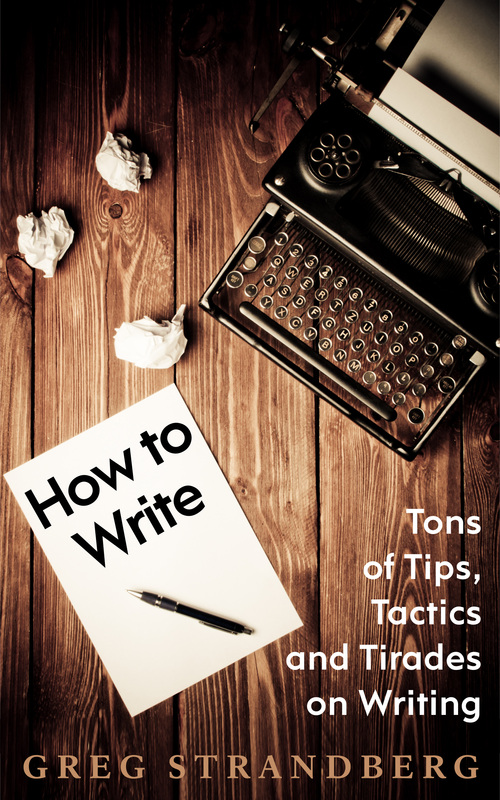




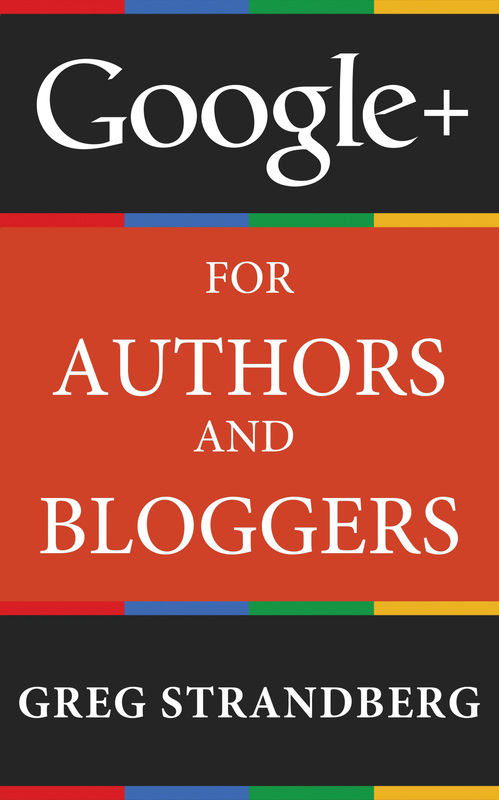







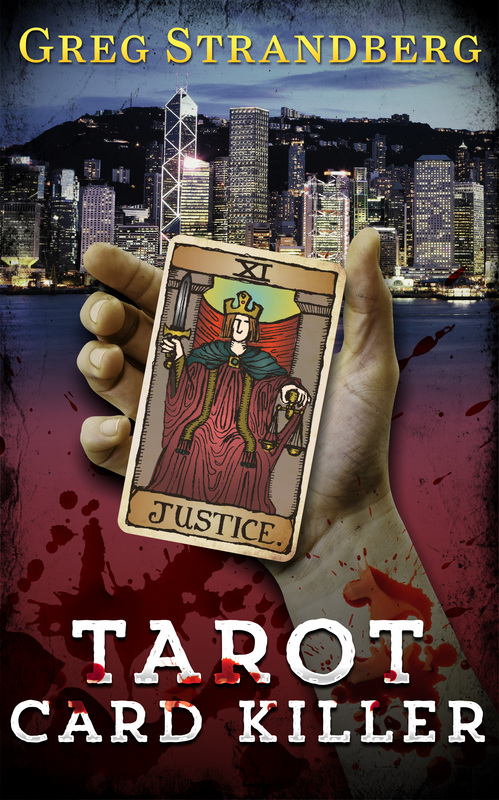







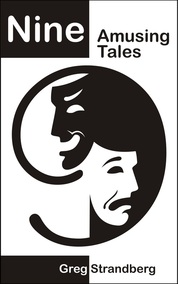














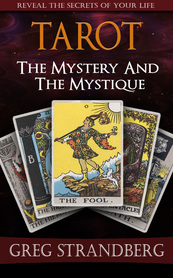
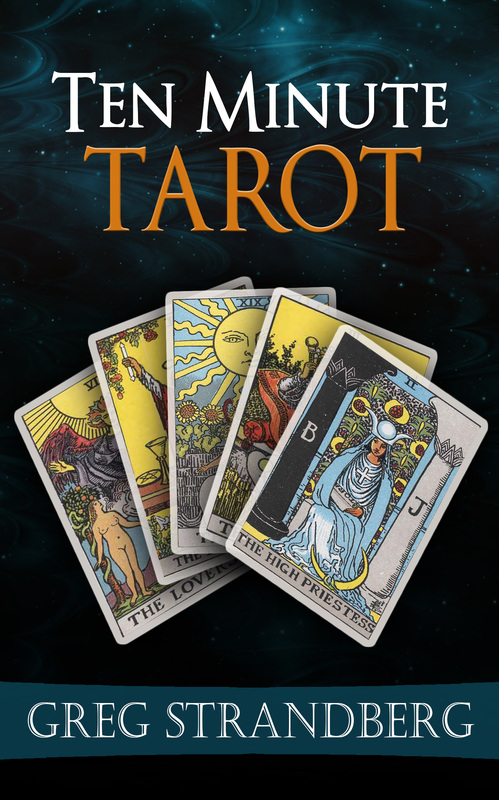
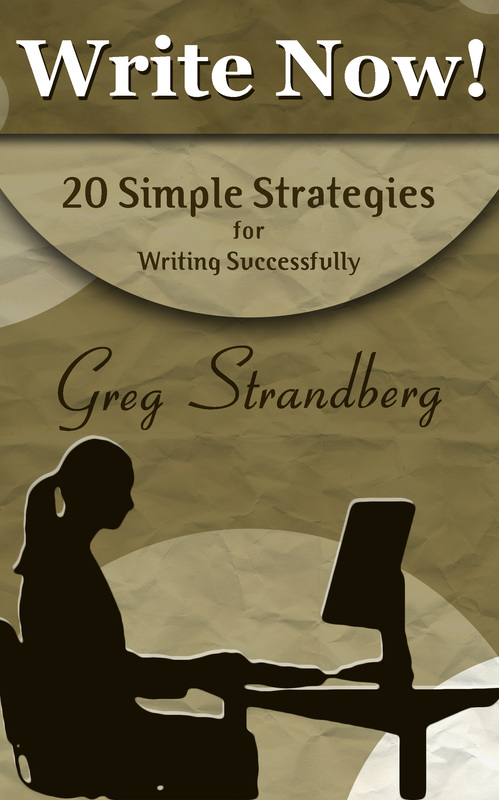













 RSS Feed
RSS Feed